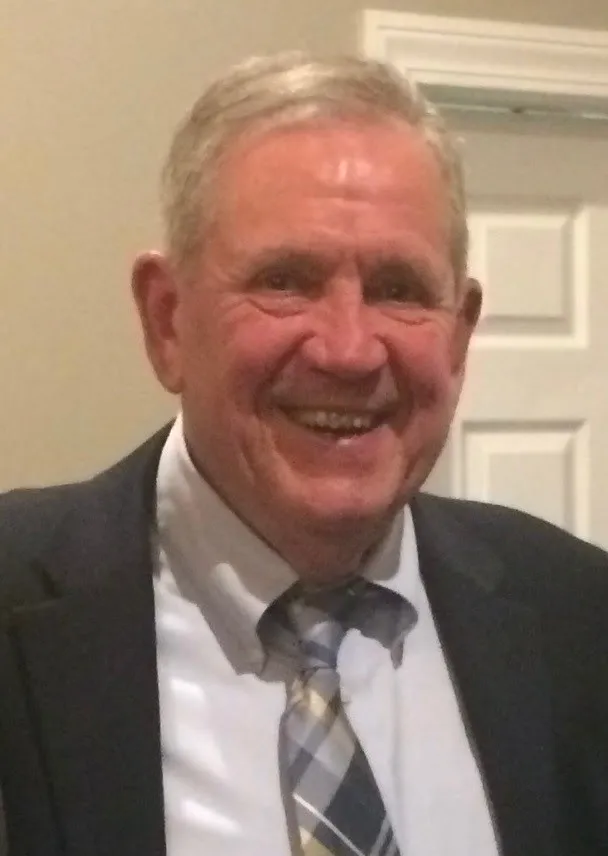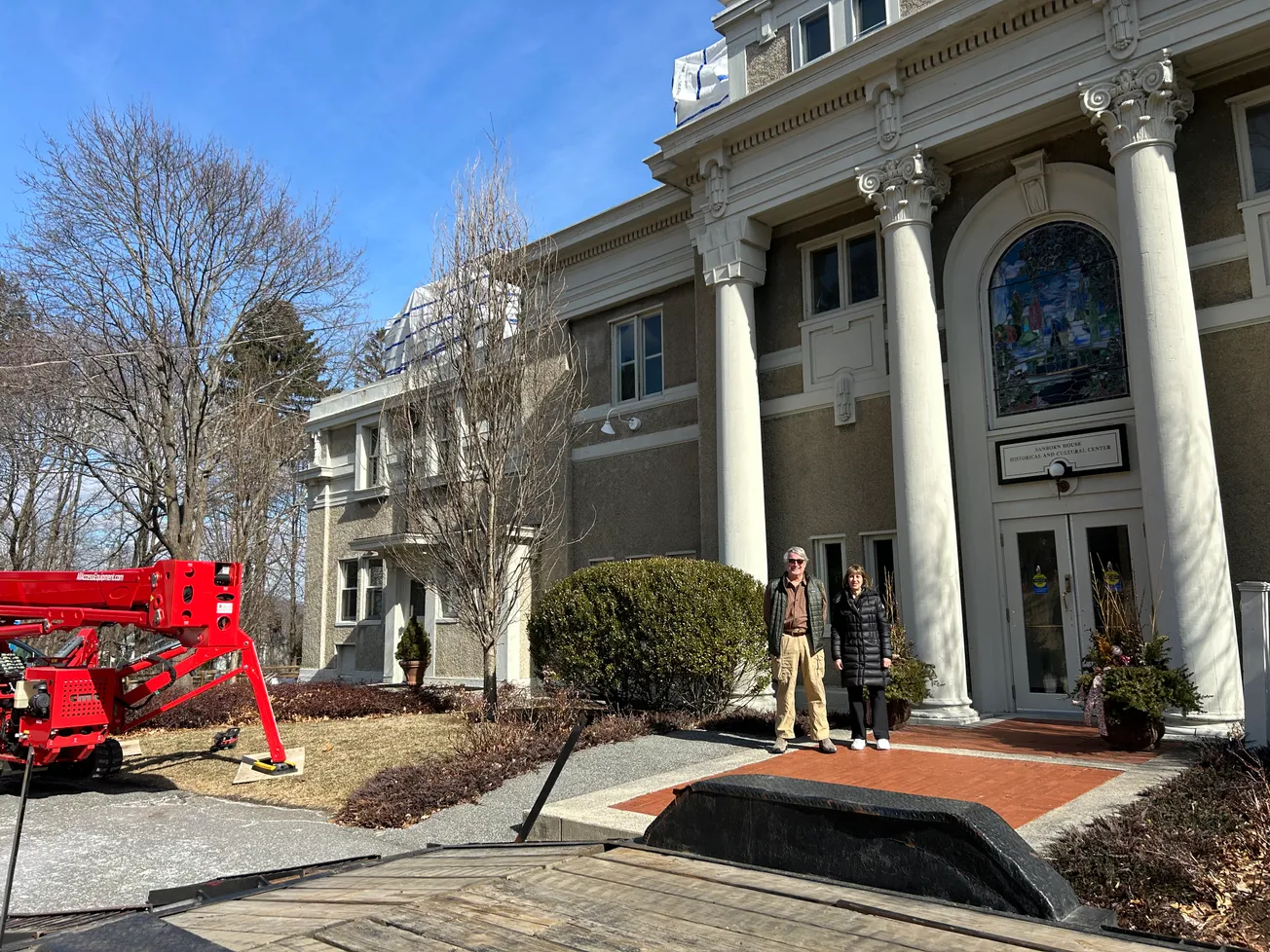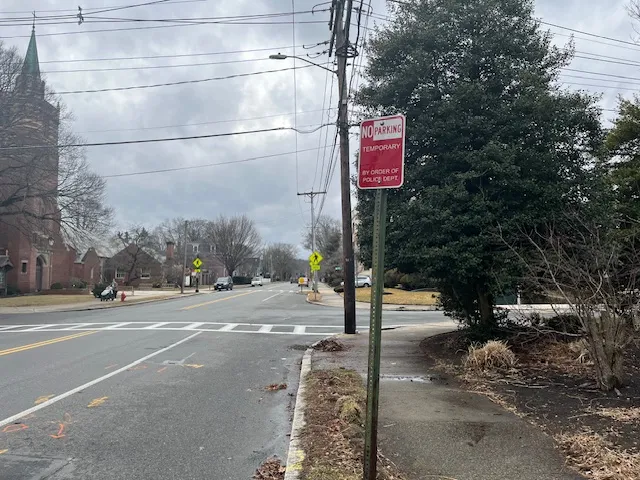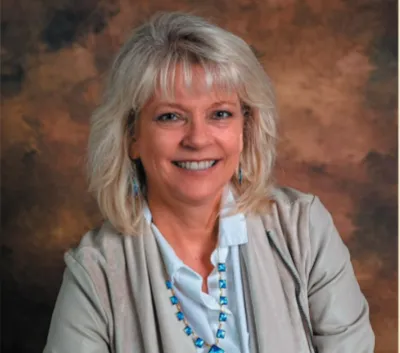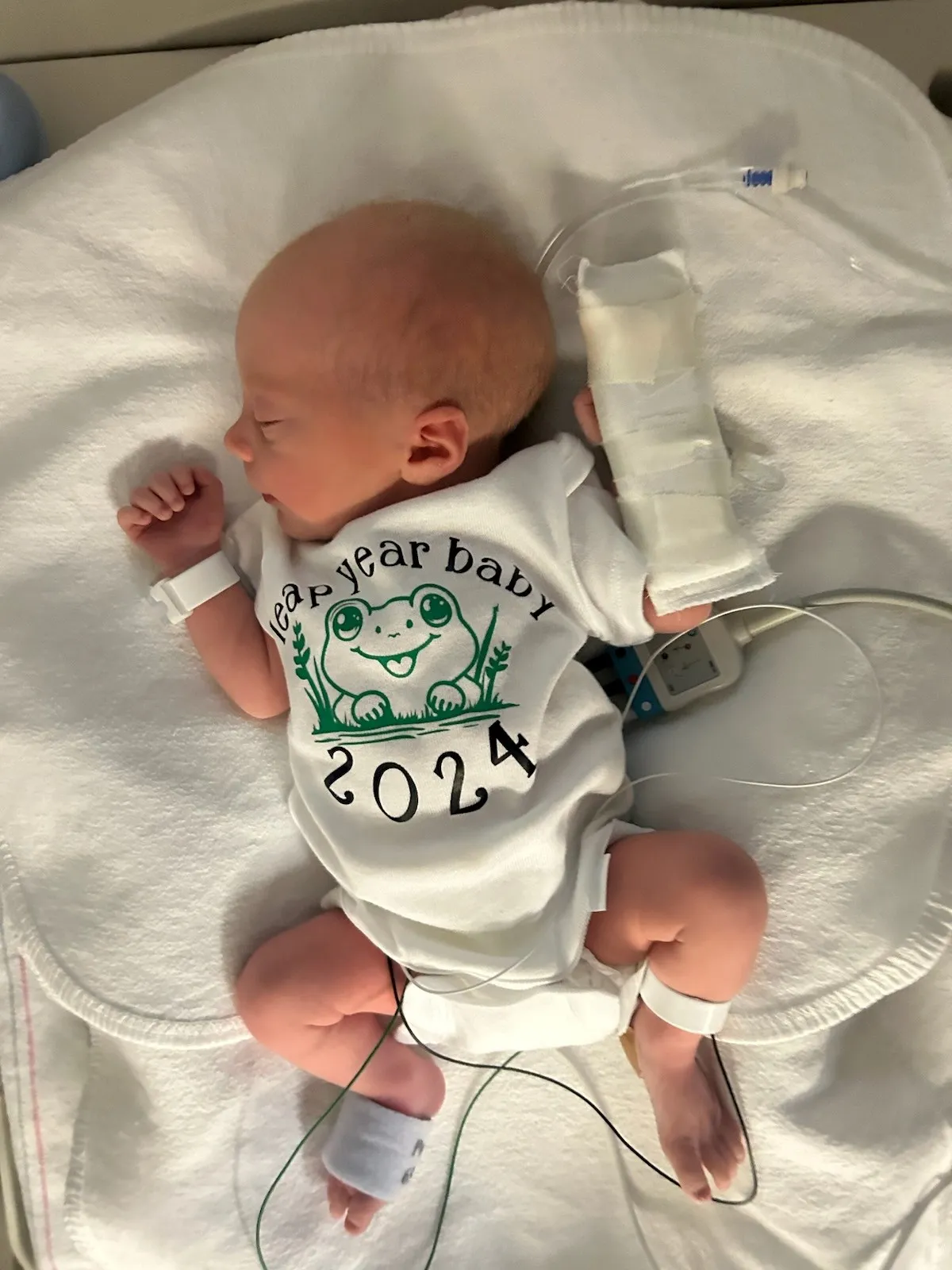Table of Contents
By Jack LeMenager
July 10, 2023. In a year that has seen retirements of several long-time Winchester town staff members and managers, yet another one has served his last day. On June 30, veteran Winchester Building Commissioner and Zoning Enforcement Officer Al Wile bid adieu to his department and Town Hall.
Long-time, to be sure. But trying to pin him down as to the exact length of his tenure isn’t easy. As a full-time employee, he’ll tell you that it’s been about 14 years. In fact, his work on behalf of the town goes back to the time when Al was a private contractor, serving in a part-time role as building inspector in the 1990s.
“Ron Haverty, the Building Commissioner at the time, was doing three jobs and was overwhelmed.” Haverty asked then-town manager Chad Maurer for relief and got the go-ahead to bring in part-time help. So, Haverty hired Al to support the building inspection side and Dennis Slater, a professional electrician, to do electrical inspections.
A native Winchesterite (Churchill Road), Al has lived his whole life here for all but 10 years: four at Florida State University (“Go Seminoles!” he adds with a grin), three in the Army as an E4 Specialist, “and three years in Woburn in our first house.” After his service, he landed a job as the shop teacher at Woburn High School.
“Like most teachers in that era, I took a part-time job to supplement my salary, working as a contractor.” Soon, he found himself making as much money in three months as he did in a full year of teaching. So, he quit the teaching job and went into contracting full-time.
Even after he moved into the full-time position of Building Commissioner in 2009, the contractor side of his life never left him. Asked what the favorite part of the job is for him, he says, “The people. I like working with people. Being a problem-solver. Helping them achieve what they want within the limits of the regs and their budget.”
Winchester is a dynamic place, he says. It’s always evolving. “There are always going to be more people coming here and they’ll need places to live. The town has to keep up with that. It’s done a good job reinvesting in itself. Renovating, expanding houses, and building new ones are important reinvestments in the community.”
His many years have seen countless projects pass through his office. Al won’t even hazard a guess at the total number. “I may have forgotten the names but give me the address and I can tell you all about the project.”
Which were his favorites? “Too many to name. But a few in particular stand out as favorites. “Working as clerk of the works on municipal projects was a fun challenge, especially McCall Middle School’s first expansion.”
Another project that gave him joy was the Town Hall restoration, including the clock tower, in 2009, and the renovation and creation of the Veterans Memorial and the Edward F. O’Connell Plaza also in 2009.
Working closely with local historian and town archivist Ellen Knight, he helped make sure that the lists of residents who served in World War Two, the Korean War and the Vietnam War were accurate and complete, and that the memorial was built to last.
When they undertook the task, everyone assumed it would be a simple matter of transferring the names from the old memorial to the new one. But that wasn’t the case.
The existing lists proved full of errors and omissions. The number of wars had increased, and new sources became available. Ellen and Al, with help from others, spent countless hours checking and cross-checking against multiple sources to make sure it was complete and correct.
But the job of Building Commission is not full of gratification like that. What’s the toughest part?
“Too many rules and regulations,” he says. “I understand the need, of course, but every new rule or regulation makes it that much more difficult—and costly—to renovate or expand a house or build a new one. It escalates the costs and doesn’t always add a lot of value. For instance, energy regulations for ever-more efficient housing are good but can go too far. When a house is air-tight, how much more fuel efficient can you make it, and at what cost? Houses can get so air-tight that they have to install HRV (home recovery ventilation) systems. The energy savings is negligible at that stage, and I don’t think it justifies the additional investment. It just makes housing more expensive.”
So, what’s he going to do in retirement? A busman’s holiday, of sorts. He’s going to build an auxiliary dwelling unit (ADU) on his Hemingway Street property. Al will follow the regulations, of course, and he and his wife, Kathy, will move into the addition themselves, letting their daughter and her family take over the house.
A Town Meeting member for 30-plus years (he isn’t sure of the exact number), Al backed the ADU warrant article that passed Town Meeting in the fall of 2022. “It’s a new regulation that makes sense. Families with challenged members can keep everyone together in one place. It also benefits older residents, who can age in place and remain close to their families. And, it adds to the housing stock, which we are short on. What’s not to like?”
Jack LeMenager, a 35-year Winchester resident, is 13-year member of Town Meeting and chair of the Winchester Historical Commission.

